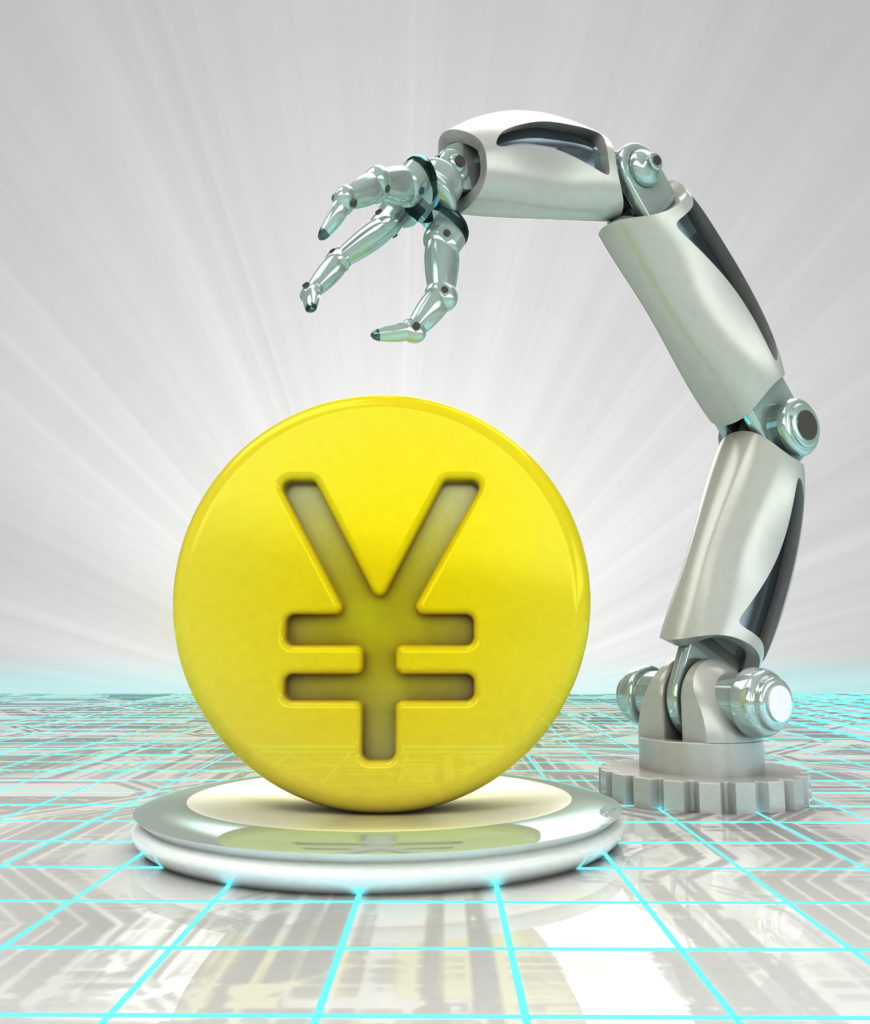You must not fight too often with one enemy, or you will teach him all your art of war.
— Napoleon Bonaparte
Artificial Intelligence & Innovation Management for Business Leaders
Not long ago one of my clients, a very skilled former top consultant, now a seasoned industry leader, asked for “Artificial Intelligence for Dummies”. An interesting question for a very skilled and insightful person and somewhat reminding of the internet hype in the 90s when firms made fortunes via fund raising and spectacular non-working projects for the new economy. Is AI (Artificial Intelligence) akin to The Emperor’s New Clothes, a tale from Hans Christian Andersen about two weavers who promise an emperor a new suit of clothes which they claim is invisible to those who are unfit for their positions – is it stupid or incompetent? Think about when the emperor parades before his subjects in his new clothes, and no one dares to say that they do not see clothes on him for fear that they will be seen as “unfit for their positions, stupid, or incompetent”. But, finally, a child cries out, “But he isn’t wearing anything at all!”. The very valuable client made a point by asking if there is an Artificial Intelligence for Dummies book, because it was just like in the 90s when there was spectacular stories of technology, and a threatening sense of not understanding of it – and we might very well end up in the same way as we were then. The technology matures but many of the promises that were made have been broken. However, a few new enterprises, on a very large scale, have grown as a result of the investments and technology that emerged during the 90s – and this has been the case over and over again throughout history. Technology, investment, and brave leadership have all reshaped the future in times when promises and dreams were broken. At the same time, coincidences have often played a role in the history and outcomes.
One example how technology and coincidence most likely changed history is Enigma. The Enigma machine is a piece of spook hardware invented by a German and used by Britain’s codebreakers to decipher German signals traffic during World War Two. It has been claimed that as a result of the information gained through this device, hostilities between Germany and the Allied forces were curtailed by two years. What would have happened if the British codebreakers had not cracked it? We do not know, but what we do know is that it was cracked by a number of skilled mathematicians, including Alan Turing, and that their breakthrough was reached by, for example, acquiring this stolen Enigma and the use of new technology called the ‘Bombe’ (BBC, 2017).
While technology, strategy, and knowledge can change things, sometimes in combination with coincidences, players can also learn from each other – advantage become equalized and balance is reached until the next tipping point is reached due to temporarily advantages. Or, as Napoleon Bonaparte put it, “You must not fight too often with one enemy, or you will teach him all your art of war”.

The famous enigma coding machine, used by the germans during World War 2 to send encrypted messages
Innovation is about gaining, sustaining, and using advantages for as long as possible while, at the same time, learning for the coming situations without exactly knowing if, when or how it will be used. Innovation is about preparation. Recall the three horizons first defined by Baghai, M., Coley, S., and White, D. (1999), these can be described as:
- The first horizon (H1) concerns itself with smaller, incremental innovations that build on existing business models, extending the existing S curve of the company. These can normally be accomplished with little structural change and lead time.
- The second horizon (H2) is more creative and proactive, expanding and building new businesses into new directions.
- The third horizon (H3) is sometimes characterized as “moon shots” or “skunk works.” This is a much more explorative approach to future S curves, to be commercialized in H2, which ends up producing significant cash flows in H1.
Now to artificial intelligence: Ask yourself in which horizon is AI and how should you approach and, if possible, use it? To guide you when answering this question, we will walk through five steps to investigate, understand, and project possibilities of using artificial intelligence in business. These will be based on a combination of technology insights and practical experience.

I will express the steps using straight-forward language, with pros and cons and, most importantly, it will be clean from dystopic scenarios. When reading the five steps, keep in mind that the increase of patent applications and investments in artificial intelligence in United States and China is tremendous – with 28,000 filed patents, 35,000 AI companies, and over $20bn USD in investments from only 2016, which is forecasted to boost global GDP by $16trn (The Economist, 2017). The most likely reason behind the growing interest in AI is the growing computing power and new computer architecture which can perform vector operations much better (important for AI) than traditional computer architectures. It is not a brave statement that we will see totally new computer architecture and algorithms taking AI even further than today and you will benefit from getting ready for the future.
Download the full paper (pdf) covering following five steps:
- What is Artificial Intelligence and Machine Learning – How Does it Work?
- What can Artificial Intelligence and Deep learning do for you?
- How Artificial Intelligence Can be Used to Reinvent Your Business Model
- Limitations and Business Risk using Artificial Intelligence and Machine Leaning for Business Development
- When Will “The Terminator” be a Reality?
Global thought leadership
The circumference of a circle has an infinite number of points but it is bounded. If you move in a 360° arc, you will return to your starting point, but with a complete view of the area you have circumscribed. While the number of fascinating points along that arc is functionally infinite, what matters most is what’s on the inside.
Successful innovation cannot be approached as a goal to strive for or as a simple metric to benchmark against. It can only be understood through a careful evaluation of what makes an organisation unique, which is hard, as everything is about people’s perception, and therefore both quantitative and qualitative descriptions are necessary before you can find the right insights and make the right decisions.
Magnus Penker’s insights into the elementary nature of innovation form the heart of the Innovation 360 Group’s methodology, and he continues to push the boundaries of the possible. The analytic tool InnoSurvey and his conclusions are not just theoretical but immensely practical. To prove his insights and theories, he launched 10 start-ups and has acquired, turned around and sold more than 30 enterprises.
The Swedish-American Chamber of Commerce proudly invited top executives and influencers to this exclusive workshop, held at the Swedish embassy in Washington, D.C., with presentations by Magnus Penker and Peet van Biljon.
The Global Peter Drucker Forum is an international management conference dedicated to the management philosophy of Peter Drucker. Drucker, who lived from 1909 to 2005, was a management professor, writer, and consultant, frequently referred to as a ‘Management Guru’. The Forum is held annually in November, in Drucker’s home town of Vienna, Austria, and is put on by the Peter Drucker Society Europe, an affiliate of the Drucker Institute at Claremont Graduate University.
The article is based on a chapter in Volume 5 of the book series “The Complete Guide to Business Innovation”. Read more about the new book series here – and co-create the next volume with us.


